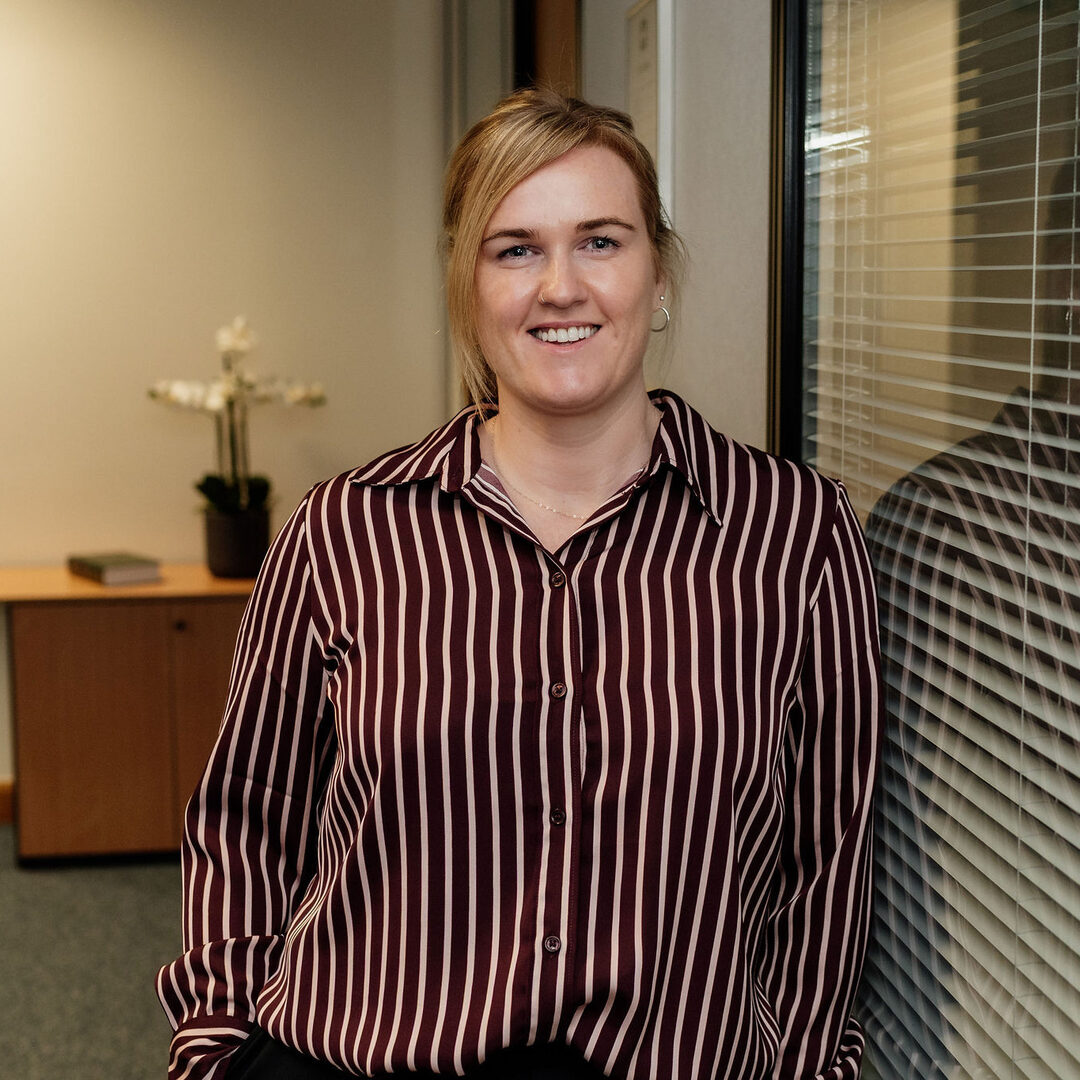Additional ID evidence will be required when the transaction involves a company:
- Letter of authority to act on behalf of organisation
- Current company search
- Copy Certificate of Incorporation
Please speak to your legal adviser if you have any questions regarding proof of identity.
AML (Anti-Money Laundering) and Verification of ID Search
Various obligations are imposed on you and us under the Terrorism Act 2000, Proceeds of Crime Act 2002 and the Money Laundering, Terrorist Financing and Transfer of Funds Regulations 2017. The obligations imposed on you are to prove who you are and to provide written proof of the source of all monies required to complete all transactions and to pay all bills.
We are entitled to refuse to act for you if you fail to supply appropriate proof of identity for yourself or for any principal whom you may represent.
We will carry out an electronic verification of your identity, the cost of any such search is per person and will be charged to you. If the amount per individual name is in excess of £25 plus VAT, we will seek your prior agreement.






